After breakfast, a dip at the lagoon pool and an ocular inspection, with Rooms Division manager Mr. Leo P. Go, of the resort’s Honeymoon Villas, it was now time to check out of Panglao Bluewater Resort. After thanking our gracious host, Mr. Pete Dacuycuy (who left for Manila ahead of us), we again boarded our airconditioned coach which was to bring us to the next town of Dauis. Here, we were to have lunch at the homey and relaxing Bohol Bee Farm.
This self-sustaining, nature-themed and eco-friendly resort is filled with rustic wooden furniture and a unique lush, green environment. Alugbati vines grow on the trellises while the frontage is filled with small plots of various organic herbs (oregano, dill, fennel, basil, spearmint, pandan, magic rose, thyme, chives, lemon grass, peppermint, parsley, aloe vera, stevia, coriander, rosemary and tarragon) and vegetables (romaine lettuce, celery, eggplant, mustard, etc.), all used as ornamental plants and lining the walkways.
This agricultural haven, situated on top of a cliff that drops dramatically into the sea (the swimming area below it is accessible by a flight of wooden stairs), was once dedicated to bee cultivation but the bees perished and the farm was moved to Inabanga.
The farm promotes healthy eating and we were here to sample a delicious and unique buffet lunch, which uses organically-grown vegetables, at its restaurant overlooking the sea. On our way to the restaurant, we passed the resort’s lounge area and two-tiered, indoor swimming pool.
Too bad, resort owner and chef Victoria “Vicky” Wallace-Sandidge, a Bohol-born and New York-based nurse-turned-farmer, wasn’t around to entertain us. Married to African- American Thomas Edward Wallace, she had two children (Mellanie and Abdul) with him but was widowed in 1988. In 1991, she bought a 4.8-hectare property and established the Bee Farm two years later. Here, she promotes organic farming which doesn’t use expensive conventional fertilizers and harmful pesticides for the farm’s crops. Vicky sits as an active member of the Bohol Initiatives for Sustainable Agriculture and Development (BIFAD).
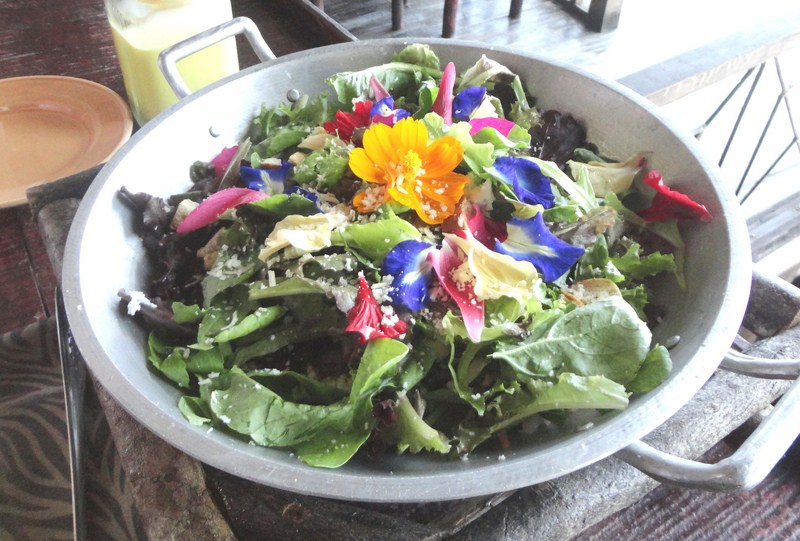
Organic garden salad. Notice the edible flowers? They say that any flower being sucked by bees is not poisonous and, therefore, is edible
We started our lunch buffet (reasonably priced at PhP600/pax), amidst the cool sea breeze and stunning ocean view, with glasses of fresh lemongrass juice; a very spicy, colorful and tasty organic garden salad (romaine lettuce, turnips, mustard greens and indigenous flowers topped with honey mustard dressing); an appetizer of light, crisp cabcab (mashed cassava pulp dried and deep fried into thin wafers or crackers) with a dip of pesto & green tomato; and a bowl of seafood soup.
The main dishes consisted of grilled marlin, honey-glazed chicken and spare ribs plus seafood lasagna, organic red rice with camote, and squash bread with homemade spreads. Dessert was healthy and very delicious, homemade ube and malunggay (moringa) ice cream.
After lunch, we proceeded to the Buzz Shop, their gift and souvenir shop up front which sells all sorts of organic products. On sale are various vegetable breads and muffins (squash muffins, carrot muffins, camote bread, honeyed muffins, etc.); fruit and vegetable chips (cassava, banana, etc.); spreads (honey, mango, pesto, choco, etc.); a variety of teas, both in leaf and powdered form (including the very popular honeyed ginger tea); black berry wine; native vinegar; kape mais (coffee made from roasted corn and wild berries); and dried cabcab.
They also sell wild honey from the farm; bee propolis, pure honeybee pollen, honeyed tableya, honeyed garlic; honeyed mustard salad dressing and honeyed hot sauce. You can also buy soap (milk, papaya, lemongrass, etc.); buri and raffia woven products; beewax lip balm; virgin coconut oil; and honey or pollen-based shampoos and lotions.
We have already sampled the homemade ube and malunggay ice cream but we still visited the small Buzzz ice cream shop to check out their other very exotic offerings (PhP40 for 1 scoop and PhP80 for 2 scoops) – chocolate, durian, avocado, pandan, tomato, mango, guyabano, spicy ginger and buko (young coconut). Their ice cream is the star of their very unique and interesting halo-halo.
After our pasalubong shopping and prior to leaving, Mr. Ariel B. Logrono, a staff member of the farm took us on a 30-min. guided tour. He first gave us a lecture on different organic farming methods. The resort practices vermiculture, mostly using their waste products mixed with animal manure for vermicompost. After 6 months, it is then used as fertilizer.
They also practice the concept of companion planting, a form of polyculture wherein different crops are planted in close proximity to each other. The theory is that these plants assist each other in nutrient uptake, pest control, pollination, and other factors necessary for increasing crop productivity.
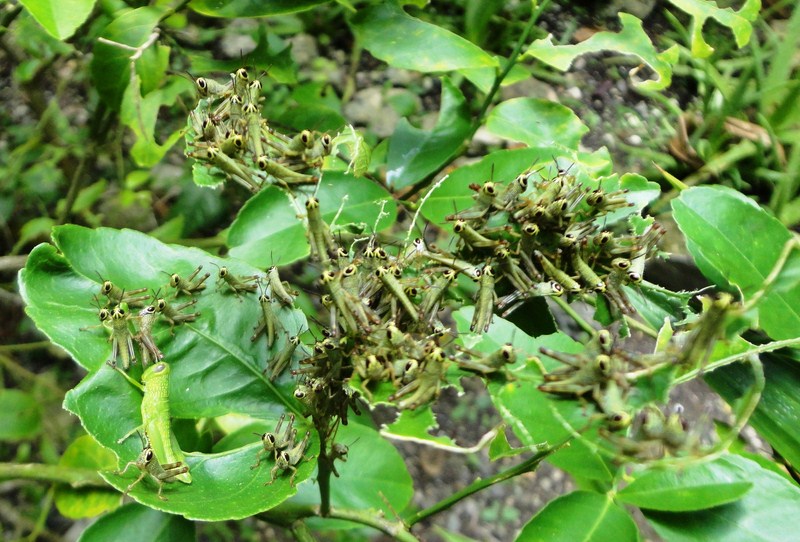
Companion planting at work. Grasshoppers feeding on their favorite leaves but leaving the nearby herbs intact
We were also given a highly educational tour of the Crafts and Livelihood section of the resort, our guide demonstrating and giving inputs on the process involved in each activity. Here, the Bohol Bee Farm staff are encouraged to do livelihood activities such as raffia making, basket making and sewing, enabling them to give a little back to the community.
At the center, we observed members of the cooperative operating looms and sewing machines as they turned raffia and buri palm leaves into fabric sheets, bags, place mats, purses, slippers, curtains, seasonal decors, table runners, tissue holders, hats and other merchandise. The loom weavers made it look so easy, their shuttles zipping back and forth without hardly any effort. A 10-foot long sheet of raffia fabric usually takes 3 to 4 days to complete.
Bohol Bee Farm: Brgy. Dao, Dauis, Panglao Island, 6339 Bohol. Tel: (038) 502 2288 and (038) 510-1821 to 22. Mobile number: (0917) 710-1062, (0939) 904-6796 and (0917) 304-1491. E-mail: vickywallace@boholbeefarm.com. Website: www.boholbeefarm.com.
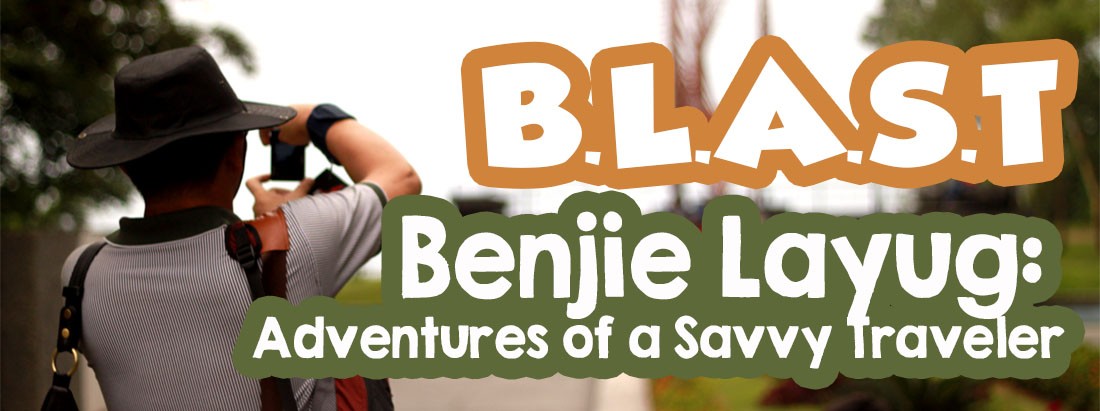
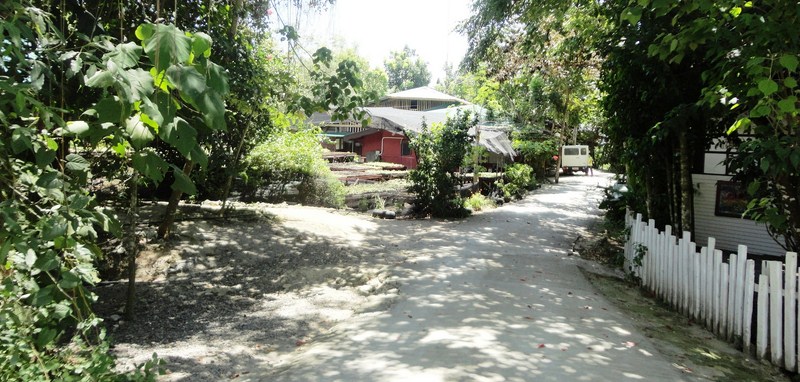
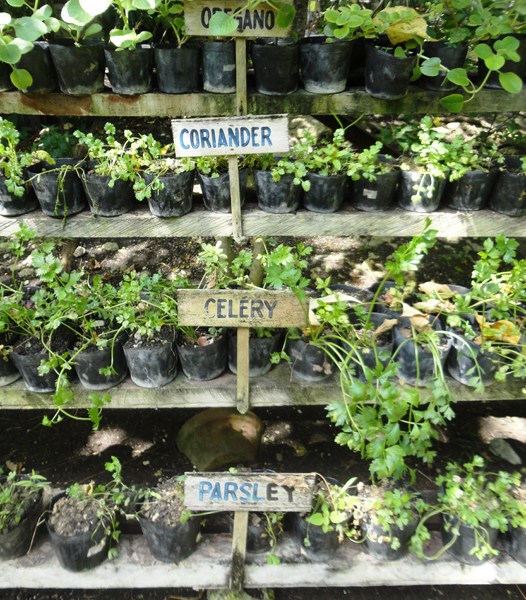
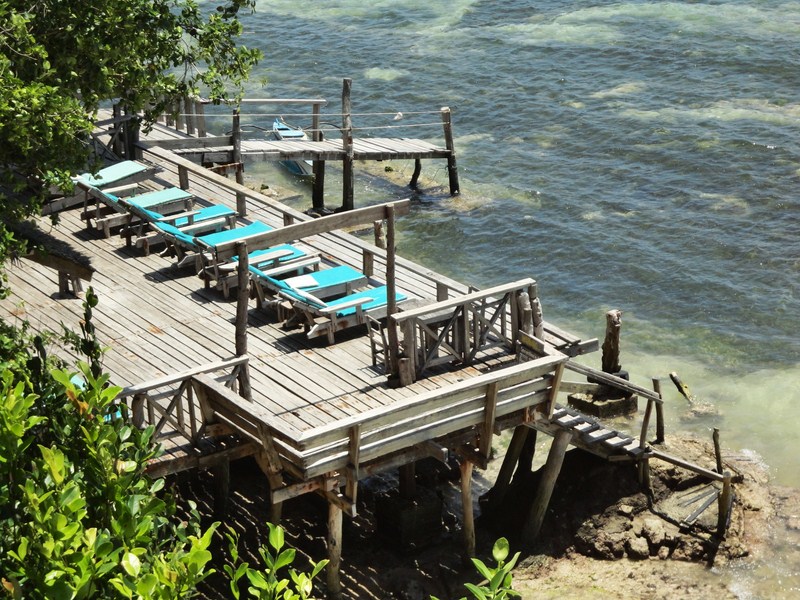
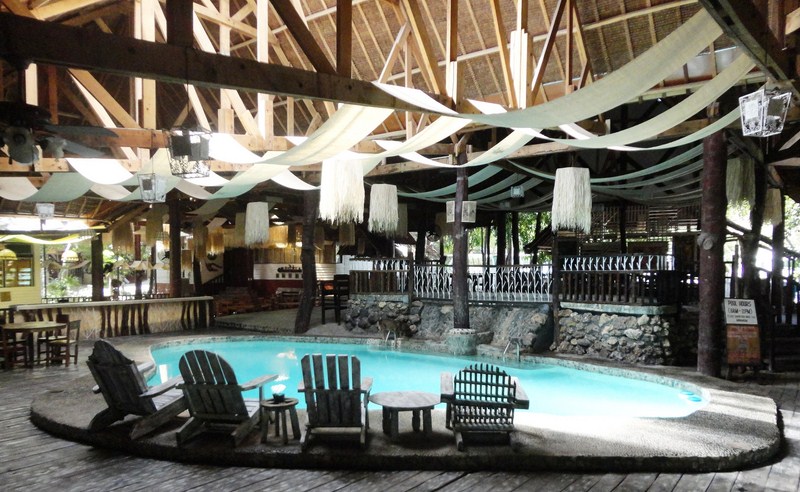
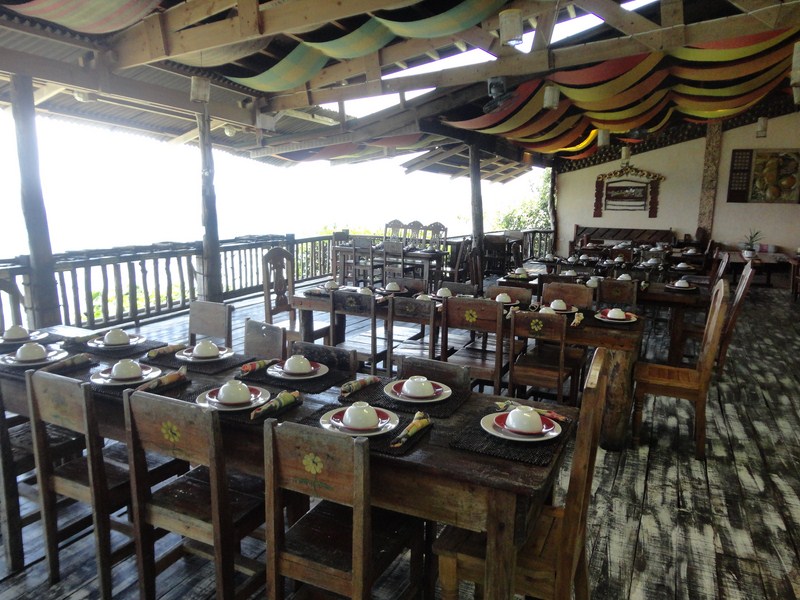
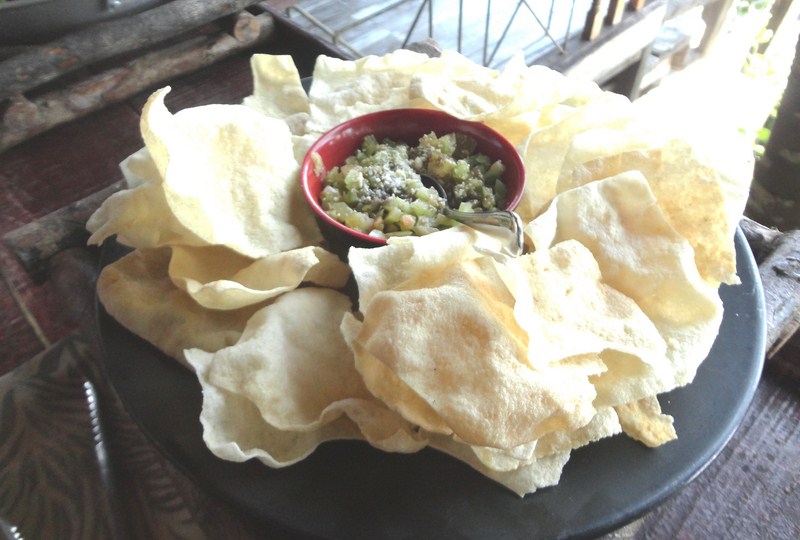
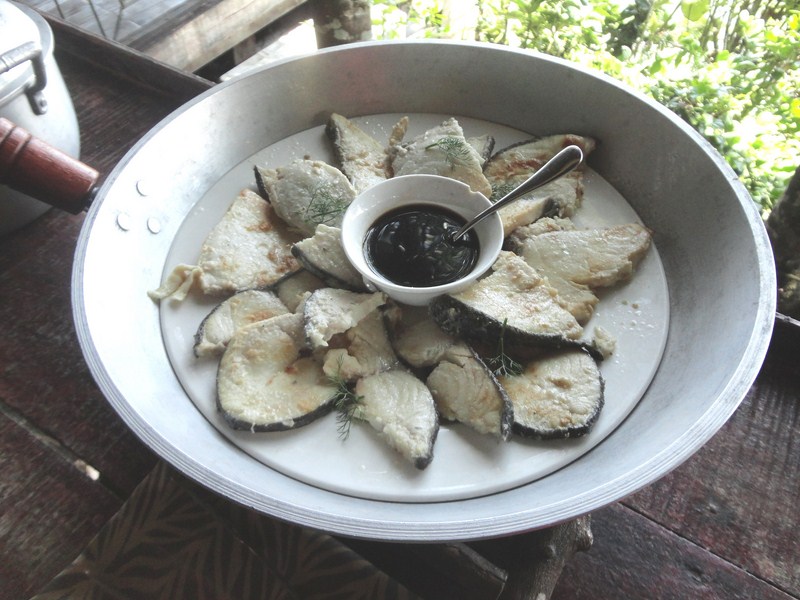
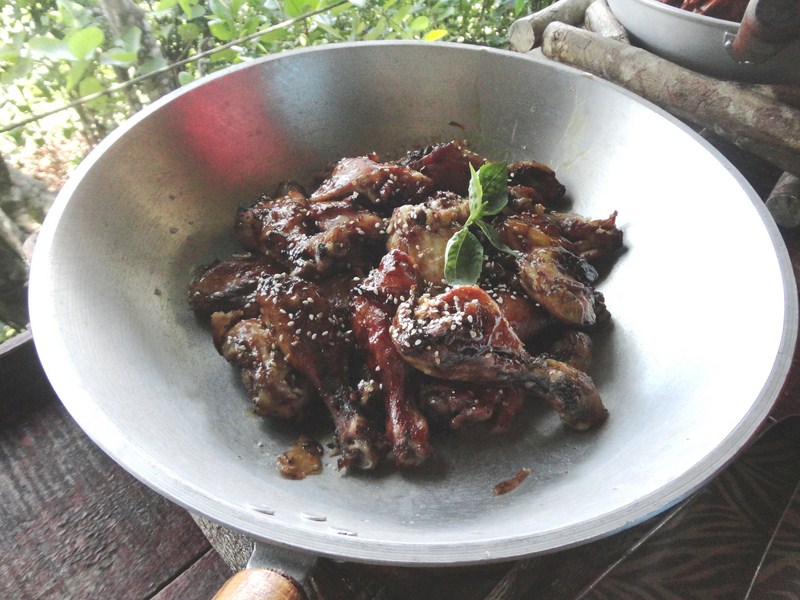
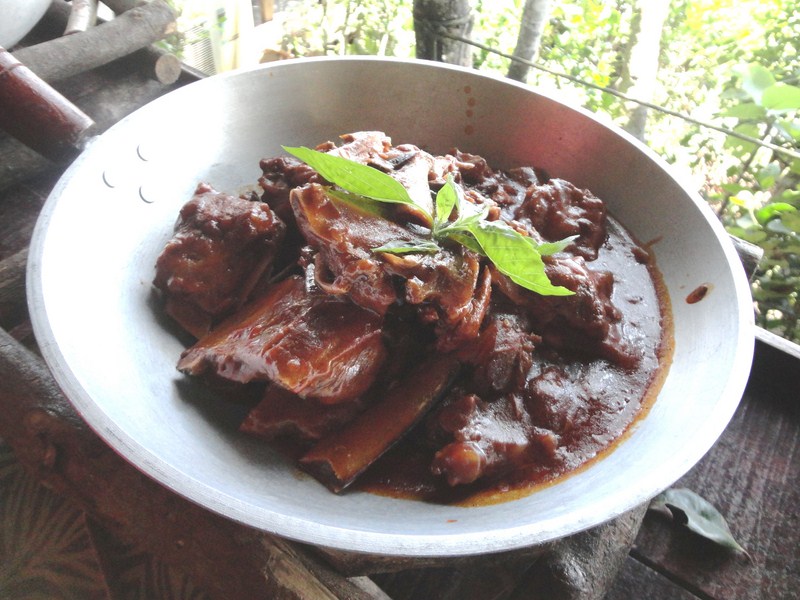
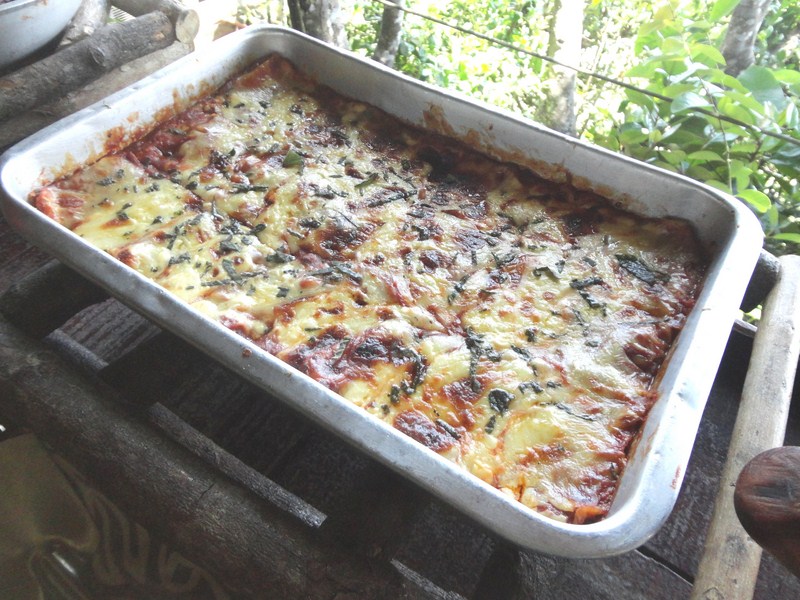
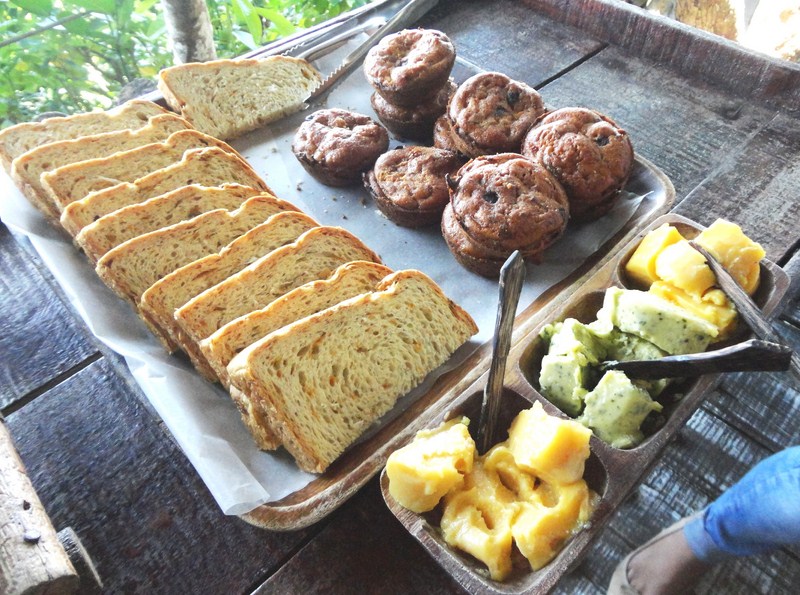
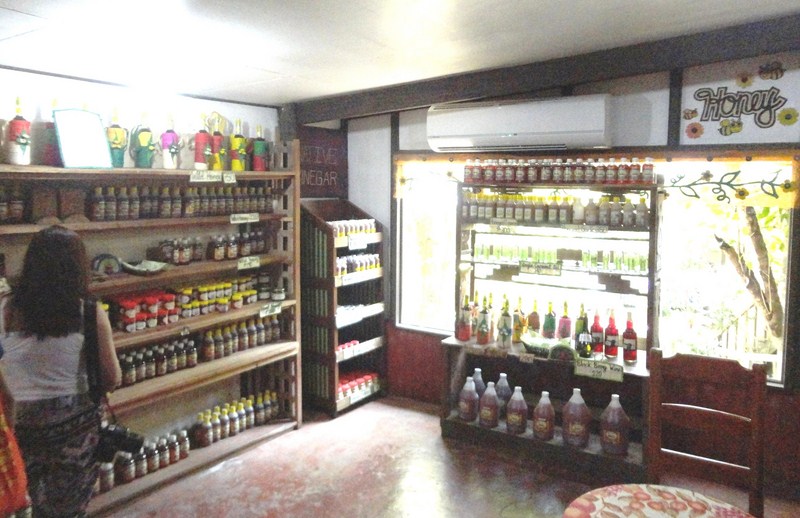
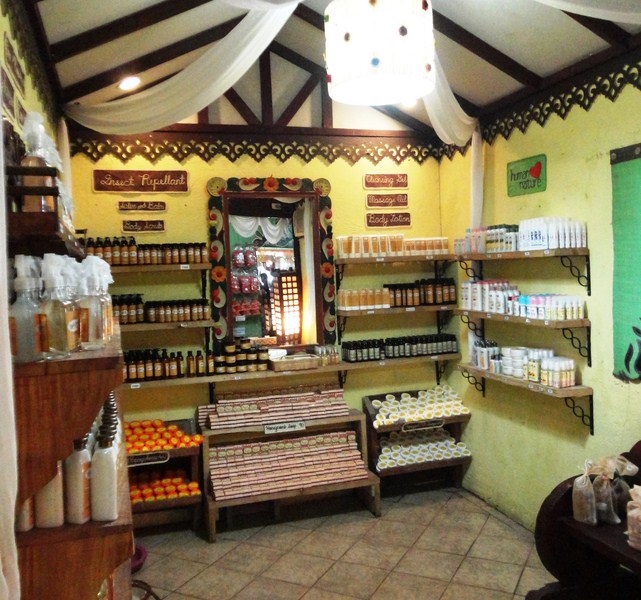
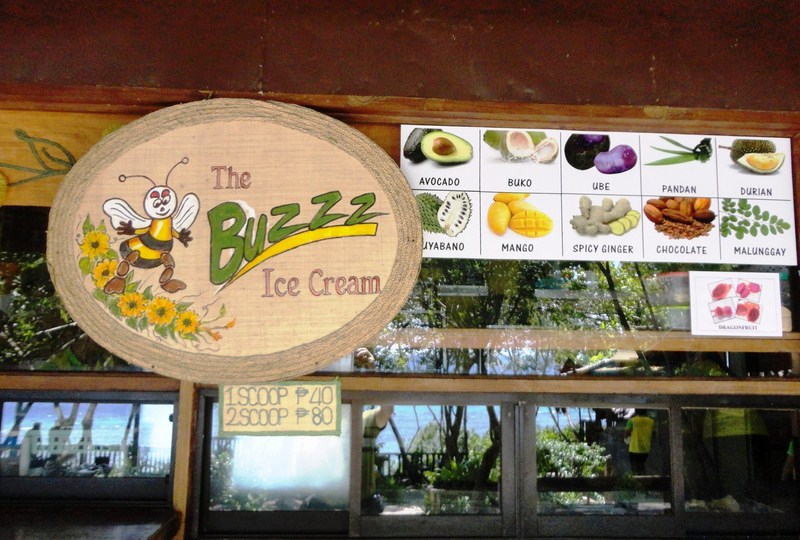
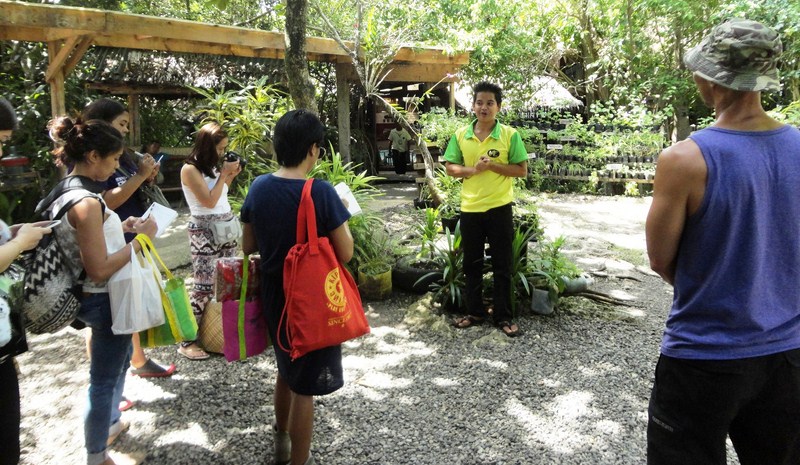
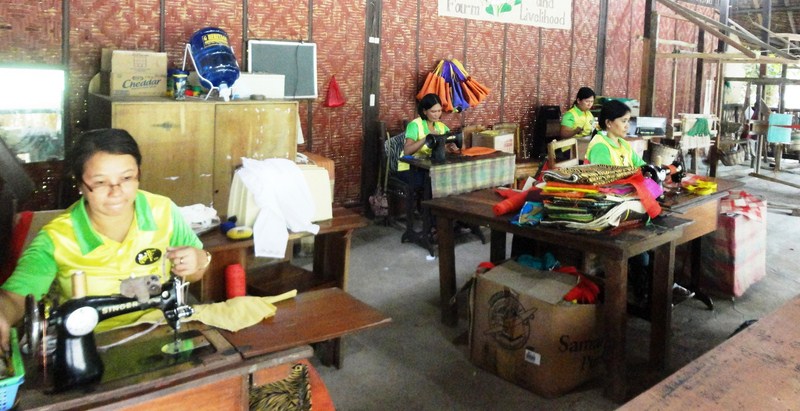
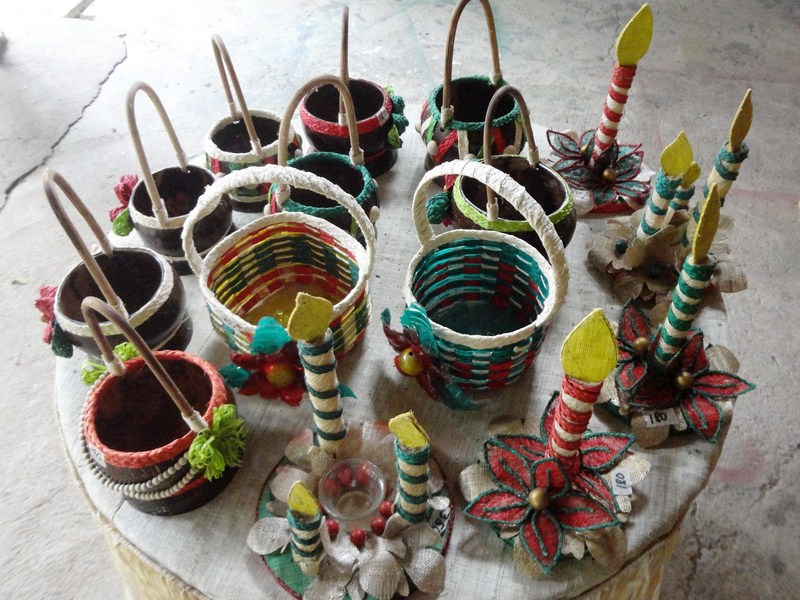
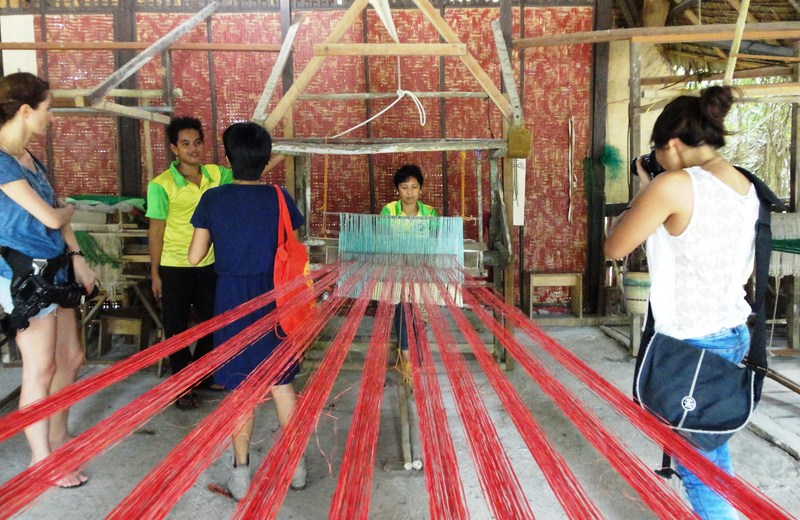
It’s great to come across a blog every once in a while that isn’t the same out of date rehashed material.
Fantastic read.